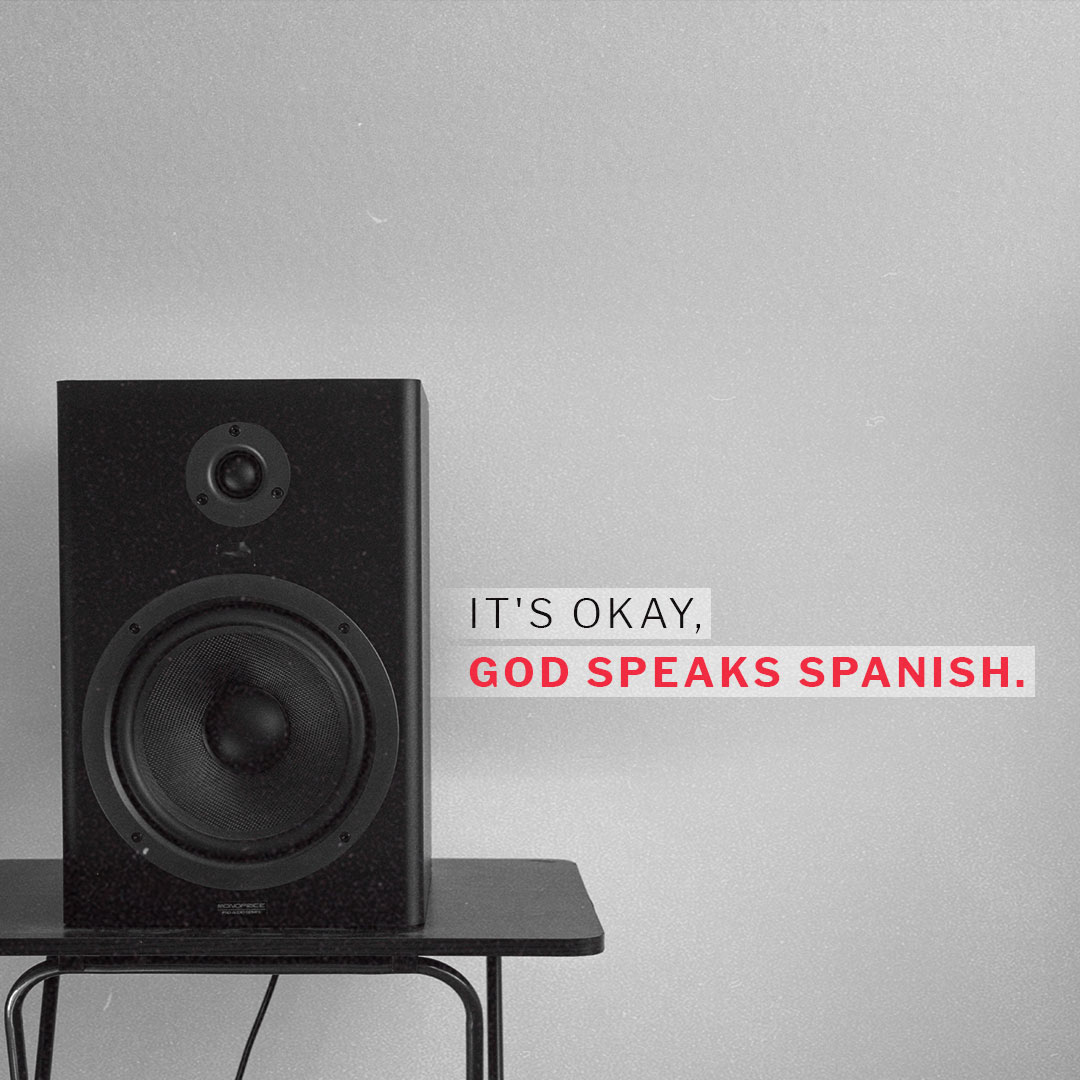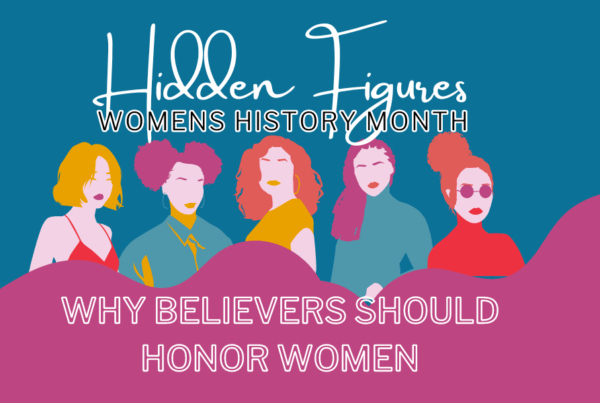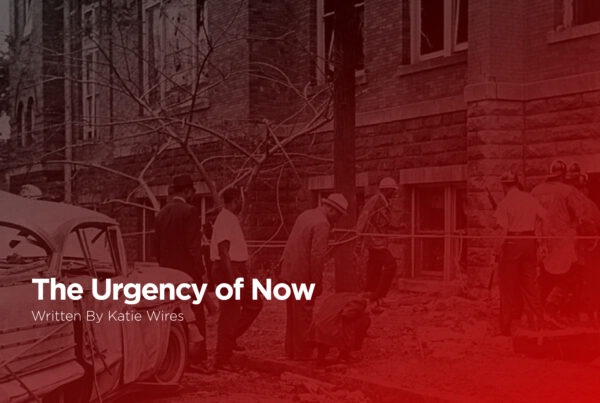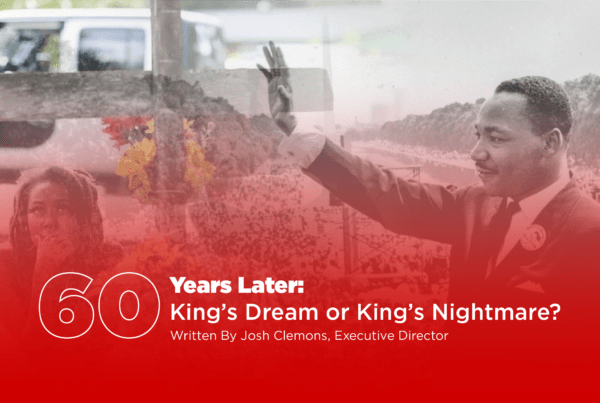Recently, I was asked to write down some thoughts concerning what the March on Atlanta meant to me. I am sure the March had a profound impact on many. As a Latino man married to a black woman with 2 “mixed” kids leading a multi-cultural and multi-ethnic church, it was powerful, hopeful, and sobering.
Both my parents are immigrants – my father is from Cuba and my mother is from Colombia. Though each came to America under very different circumstances, both had the hope of a better life.
I was born in Atlanta and I can remember some small details of that time. They were happy memories concerning my family and home. My father worked in an aluminum factory and was unsatisfied with city life. My mother worked many different jobs until she was able to start her own business cleaning houses.
My father’s dream was to own some land and spend his days farming after work. My parents saved enough money and purchased 13 acres of land in the country. Around the age of 5, I can remember being taken to that piece of property in the middle of nowhere. There was a sense of excitement and not to mention the fun we had exploring those 13 acres of land.
For me the feeling of excitement and adventure quickly changed once I started attending elementary school. You see, my parents had purchased land in Forsyth County in 1985. You don’t need to do an extensive Google search to find out how racially heated this part of town was. Bottom line – Forsyth County was home to a strong white supremacy mindset. I grew up always feeling like I didn’t belong because of the color of my skin and the funny language I spoke to my parents in front of my peers.
This racially charged environment caused a lot of hurt throughout my childhood. I can remember really wanting to be white in elementary school and hating not only my brown skin but my name. Regularly, I would hear new teachers go through roll call and dreading to hear my name. I would hear Ro – Ro -land – o, what kind of name is that?
Inevitably I would say it’s me and pray the teacher would move on for the embarrassment of having to explain that my parents are not Mexican and Rolando is a Spanish name while students giggled in the background. Stories like this and many more racially charged conflicts filled my life for so many years.
A white couple recently asked me to share some stories about my upbringing. What a strange question I thought since no one has ever asked me exactly what I encountered. I started sharing story after story concerning my experiences in Forsyth. After I finished sharing, there was an awkward silence before we continued with our conversation.
The question came up, “How did you get past that? How are you so free to talk about this?” Today I am 40 years old and I can tell you that only after a lot of time praying, forgiving, and even confessing have I been able to find healing in my heart. It was only through a series of steps in God’s grace that I could find this place of breakthrough.
By the grace of God was our family able to function and prevail through these times. My parents signed us up for sports, Boys Scouts, and the occasional visit by a white friend. On weekends we would leave the county to attend the Spanish church, and though race was never discussed, I was able to find a voice and some security with those that look like me.
Standing on the stage at the March on Atlanta and seeing thousands of people openly worshiping Jesus with an intentional desire to call upon both God and civil authorities for justice and change only fueled the work of God in my heart for a true multi-cultural and multi-ethnic church to stand in confidence and proclaim the gospel.
Having hope in Christ does not neglect the much-needed work for today’s issues. Especially in the work of reconciliation. Once in middle school, we were learning about the civil war and our teacher was being very clear that slavery was at the heart of this conflict. He went on to explain how slavery is wrong and that a slave does not have any rights to make choices.
He then asked the question to the class, “Do you understand what it means to not have rights?”. One of my good friends raised his hand and was called upon. My friend with a confused look said, “Do you mean like Rolando?”. My teacher was quick to correct him publicly and then my teacher did something I was not expecting. He took me outside the class and apologized to me and he apologized for what he believed I was going through in Forsyth. He built me up and made my 7th grade mind feel better.
It was nice to have validation like that. It was the first time anyone had ever apologized to me for anything racial. As great as I felt at that time, I still had to go back and sit in the class with everyone else. There was a sense of confidence but also embarrassment/shame that filled the space. The work of reconciliation is not easy.
At the march, my wife and I had the opportunity to pray from the stage and when I received the mic I started praying in English. Then I started praying in Spanish.
For a second I thought what am I doing, but I sensed the Holy Spirit say in a light hearted way, “It’s ok. God speaks Spanish.”
The first time I ever stood on a platform in front of an English speaking crowd was in my elementary talent show program. My peers were doing magic shows, dances to NKOTB, and clogging performances. My brother and I stood up there and sang a Spanish worship song. In that environment, I felt out of place but with a sense of evangelism. At the March on Atlanta, when I prayed in Spanish the sense was that God is listening and change is coming.
As I said in the beginning, the March on Atlanta was powerful, hopeful, and sobering. Powerful because our prayers were not in vain, hopeful to see so many in the church desiring change, and sobering because much more needs to be done. Let me leave you with this scripture that must come alive in the church. John 13:34-35 “A new commandment I give to you, that you love one another: just as I have loved you, you also are to love one another. By this all people will know that you are my disciples, if you have love for one another.”
God’s people must truly press into this kind of love. It can be uncomfortable, it can be challenging, and it can even seem counter culture. Church, let’s learn to love enough to change our broken systems and broken ideas to become the kind of church that will stand in the day of trouble.






Thanks for sharing – I’ve had similar experiences and it’s relieving to know that I am not alone. God is in control!
It’s so unfortunate that this is something you and others have to deal with. I can’t relate but I’m sorry you went through those experiences. Hoping for healing for everyone…